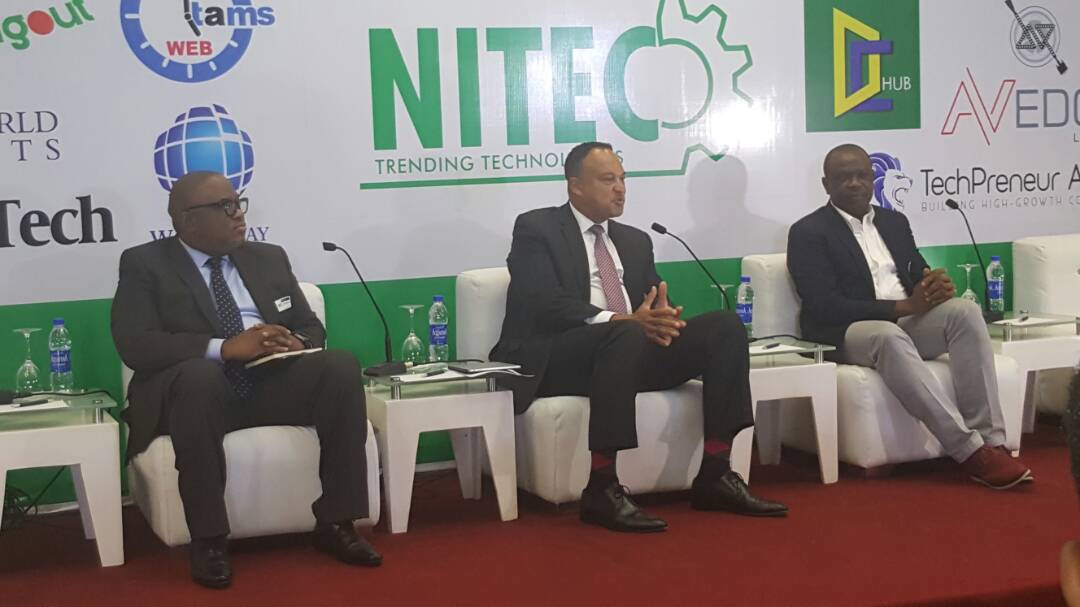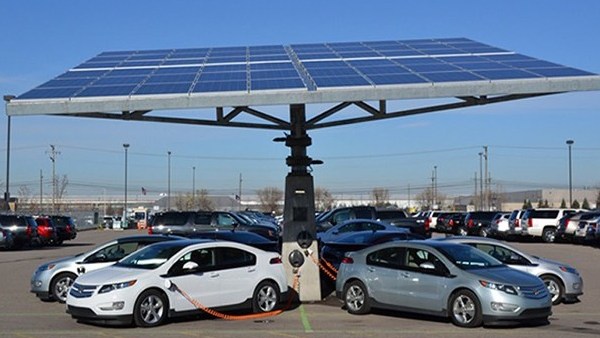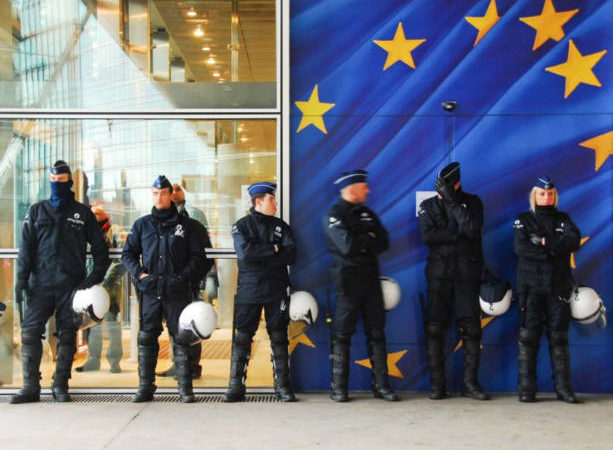The Nigeria International Technology Exhibition & Conference (NITEC) 2017 focused on especially startups is one of the best technology events to happen this year in Nigeria.
NITEC is a yearly event that features experienced speakers with robust knowledge of the tech industry. It is specifically designed to showcase the best of the technology ecosystem and discuss key issues in tech and innovation. The maiden edition was held last year at the Civic Centre in Victoria Island, Lagos.
The focus of the 2017 edition, being the second edition, was on the future of big data, analytics and applications for small and medium enterprises (SMEs) development.
The edition, which held today at the Sheraton Hotels Ikeja, Lagos, featured sessions that included disruptive areas in technology such as digital media, artificial intelligence (AI), big data, robotics, Internet of Things (IoT), hardware, and etc.
From the various sessions that held, here are the top ‘take aways’ for SMEs.
- Current statistics as presented at the NITEC 2017 event reveals that there are about 20 million SMEs in Nigeria.
- One of the best take aways from NITEC 2017 is that challenges of global and local economies are not killing businesses; rather, the challenges are making businesses define new objectives. Also, customers now define how they need to be served. Putting these together, companies are now designing how to better serve customers by using specialized tools.
- The conference also goes a long way to show businesses must be able to maximize the power of cloud computing, as given the explosion of technology, big data now demands businesses use cloud computing and analytics to provide cognitive solutions to business problems. The growth of data is so high that technology needs to expand to be able to accommodate the growth.
- SMEs are advised not to use past or present business models because the business model of the past is broken and won’t work today. SMEs should look for models that would be able to cause disruption in the economy. When disruptions occur, existing businesses should look to identify what and who is causing the disruption, and prepare to cause disruption as well.
- Startups must understand that business comes first before technology – technology is the enabler. Most importantly, SMEs must understand the business of technology in order not to go obsolete like Nokia and Blackberry that have been forced to identify and foray into other business models. Technological innovations drive businesses, and a new business model could cause a revolution in the tech ecosystem that can cause a total disruption.
- Does afroskepticism still matter today? But, the fact that a business model is African doesn’t mean it necessarily won’t work.
- Startups seeking funding should learn to spend little at the onset and spread cost over time. Entrepreneurs must understand that the value proposition of a startup must make sense in order to get the much needed startup funds.
- Technology solutions are most times basic and free.
- Startups must understand the power of engagement. Startups cannot win without engaging employees, clients or customers alike, in one way or the other.
- Businesses need data to make informed decisions.
- An organisation must know when to reinvent itself.
- Silicon Valley is good, but Nigerian startups must learn to study India and the Asian guys.
- Nigeria needs a technology master plan, and a deliberate policy to drive technological innovations in the country.

The event was well attended by top industry players to include the Vice Chancellor Prof. Benjamin Chukwuma Ozumba, who is transforming the University of Nigeria Nsukka into a Smart University; the Chief Executive Officer (CEO) of InfoSoft Nigeria, Pius Okigbo, who is at the forefront of driving policies that will ensure technological innovations thrive in Nigeria; the Country General Manager of IBM Nigeria, Dipo Faulkner, who is driving a tech innovation known as Watson across Africa, and Tunde Coker, who is driving something big at Rack Centre.
>>See more photos from the event






